Table of Contents
Islamic Festivals In the rich tapestry of Islamic culture, Islamic Festivals stand as vibrant threads, woven with traditions, spirituality, and community celebration. Among these, the transition from Ramadan to Eid holds a special place, a journey marked by fasting, prayer, reflection, and jubilation. Let’s embark on this enlightening journey, exploring the significance, rituals, and essence of these two pivotal Islamic Festivals.
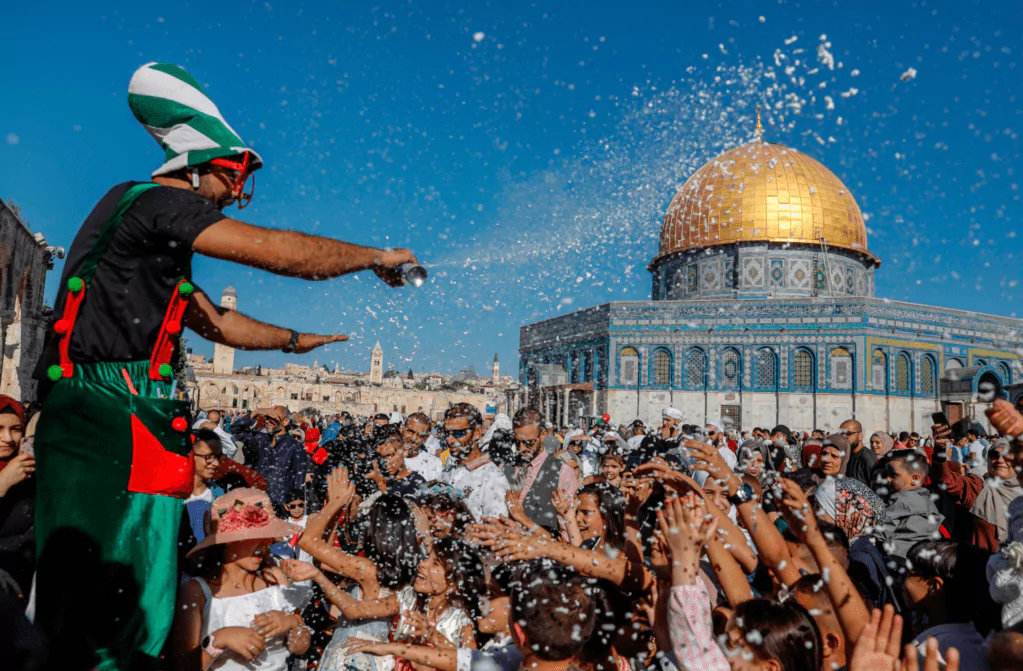
Ramadan: A Month of Spiritual Renewal
Ramadan heralds a time of profound spiritual introspection for Muslims worldwide. It falls in the ninth month of the Islamic lunar calendar, commemorating the revelation of the Quran to Prophet Muhammad. This sacred month is observed through dawn-to-dusk fasting Islamic Festivals, abstaining from food, drink, and worldly desires.
Fasting: A Test of Faith and Discipline
The act of fasting during Ramadan holds deep symbolic meaning. It serves as a demonstration of obedience to Allah, a practice of self-discipline, and a means of empathizing with the less fortunate. From dawn until sunset, Muslims refrain from indulgence, focusing instead on prayer, contemplation, and acts of charity.
Ramadan‘s fasting extends beyond abstinence from physical nourishment; it encompasses a purification of the soul, a cleansing of one’s thoughts and deeds. Through this spiritual detoxification, believers seek forgiveness, enlightenment, and a deeper connection with the divine.
Taraweeh Prayers: Strengthening the Bond with the Divine
In addition to fasting, Ramadan is characterized by nightly prayers known as Taraweeh. These voluntary prayers, performed in congregation, offer an opportunity for extended devotion and recitation of the Quran. Each night, Muslims gather in mosques or homes, immersing themselves in prayer, supplication, and communal worship.
Iftar: Breaking the Fast, Building Community
As the sun sets, the fasting day concludes with the joyous ritual of Iftar, the evening meal shared with family, friends, and neighbors. This communal gathering transcends mere sustenance; it fosters bonds of kinship, solidarity, and generosity. From dates and water to lavish feasts, Iftar reflects the diverse culinary traditions within the Muslim world, yet it symbolizes a shared spirit of gratitude and abundance.
Eid al-Fitr: The Festival of Breaking the Fast
As Ramadan draws to a close, Muslims eagerly anticipate the arrival of Eid al-Fitr, the joyous culmination of a month-long journey of devotion and self-restraint. This festival, often referred to as the “Festival of Breaking the Fast,” heralds a day of celebration, gratitude, and spiritual renewal.
The Significance of Eid al-Fitr
Eid al-Fitr holds profound significance in Islamic tradition. It marks the end of Ramadan and the beginning of Shawwal, the tenth month of the Islamic calendar. More than just a day of festivity, Eid al-Fitr embodies themes of gratitude, generosity, and community solidarity.
The Morning of Eid: A Time of Prayer and Reflection
The day begins with the Eid prayer, performed in congregation at mosques, open fields, or designated prayer grounds. Clad in their finest attire, Muslims gather to offer prayers of thanksgiving and praise to Allah. The Eid sermon, delivered by the imam, emphasizes themes of compassion, forgiveness, and unity, resonating with the essence of Islamic Festivals.
Zakat al-Fitr: Charity and Compassion in Action
A central aspect of Eid al-Fitr is the obligatory charity known as Zakat al-Fitr. Before the Eid prayer, Muslims give alms to the less fortunate, ensuring that all members of the community can partake in the joyous festivities. This act of charity underscores the principles of social justice, compassion, and solidarity embedded in Islamic teachings.
Festive Traditions and Culinary Delights
Eid al-Fitr is synonymous with joyous celebrations and festive traditions. Families exchange greetings and gifts, children receive Eidi (money or gifts), and homes are adorned with decorations and lights. Culinary delights abound, with special Eid dishes and sweets gracing dining tables, symbolizing abundance, hospitality, and shared blessings.
Unity in Diversity: A Global Celebration
Across the globe, Muslims from diverse cultures and backgrounds come together to celebrate Eid al-Fitr. From bustling cities to remote villages, the spirit of Eid transcends geographical boundaries, uniting believers in a shared expression of faith and fellowship. The diversity of customs, languages, and cuisines reflects the rich tapestry of the Muslim ummah, underscoring the universality of Islamic Festivals.
Islamic Festivals
From the solemnity of Ramadan to the exuberance of Eid al-Fitr, the journey through Islamic Festivals is a testament to the beauty, depth, and resilience of Muslim faith and tradition. These sacred occasions serve not only as milestones in the Islamic calendar but also as opportunities for spiritual growth, communal bonding, and cultural enrichment.
As Muslims around the world observe Ramadan and rejoice in Eid al-Fitr, let us embrace the values of compassion, gratitude, and unity embodied in these Islamic Festivals. May the spirit of Ramadan inspire us to seek closeness to the divine, and may the joy of Eid al-Fitr reinforce our commitment to kindness, generosity, and peace. In the tapestry of Islamic Festivals, let us find strength in diversity, unity in faith, and blessings in every moment of celebration.

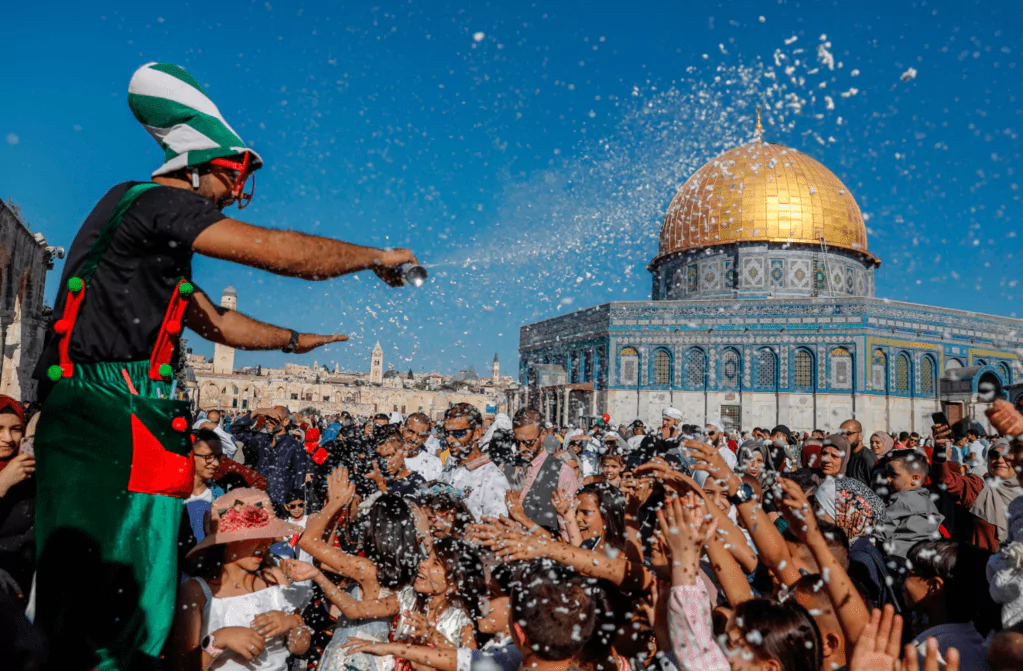
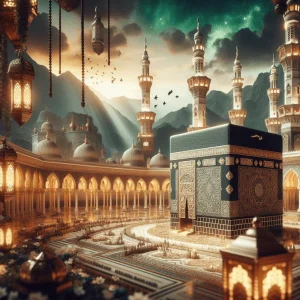
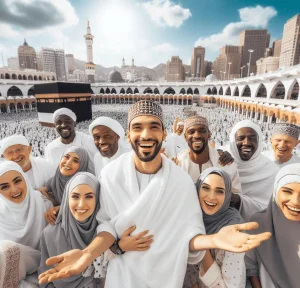
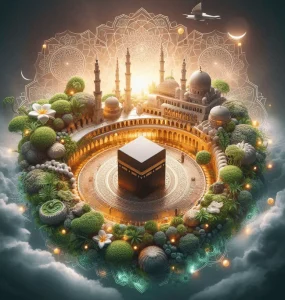
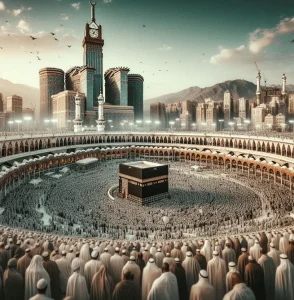
More Stories
Tales of Wonder: Unraveling the Islamic Heritage Mystery
In the Footsteps of Greatness: Journeying Through Islamic Heritage Sites
Echoes of History: Rediscovering Islamic Heritage Around the World